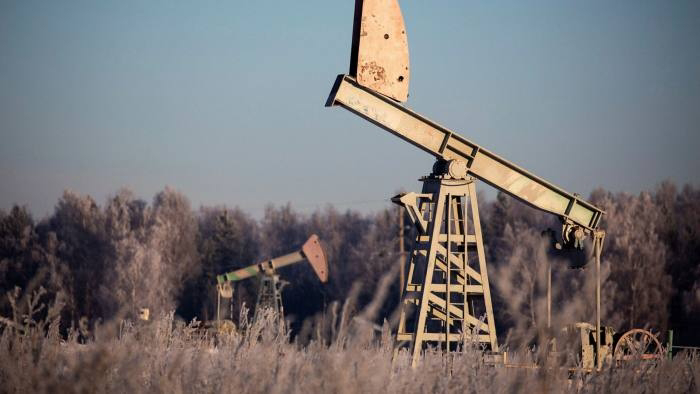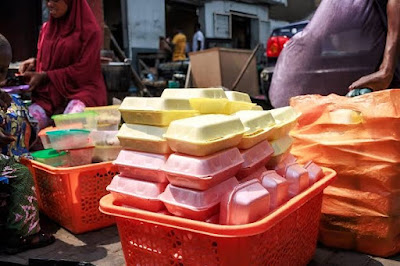Nigeria's Hydrocarbons Reserve Estimation
In the extractive industry, mineral resource estimation is often classified and reported in a manner that may not be understood at a mere glance by the unfamiliar.
For instance, in the oil and gas industry, hydrocarbon reserves are often categorised into Proven, Probable, and Possible depending on their degree of recoverability or extraction.
Proven reserves tell us that the mineral or hydrocarbon in commercial amount exists and can be extracted or recovered. It has a 90% degree of recoverability.
Probable reserves tell us that a probable commercial amount of mineral or hydrocarbons exist but the chance of extracting it is 50%.
Possible reserves suggest that an amount of mineral or hydrocarbons exist. While it has only a 10% degree of certainty, its recoverability as a commercial reserve is often disputed. Such reserves are usually evaluated for findings or information sake as their commerciality and cost of drilling are higher than the perceived economic returns.
By extension, any reserve with less than 10% degree of certainty and for which the latest drilling technologies can't help to extract, is called a contingent reserve.
The 3P method of categorisation, however, is used by the Society of Petroleum Engineers SPE. And it helps prospective investors or drillers, as the case might be, to establish, beforehand, some degree of certainty before embarking on a drilling expedition.
For instance, the Nigerian Upstream Petroleum Regulatory Commission (NUPRC) reports that Nigeria has a Proven (1P) reserve of 37.046 billion barrels (bbls) of oil and condensates, as well as a Proven (1P) reserve of 208.62 trillion cubic feet of natural gas, as of January 31, 2022.
Although its 2P (proven + probable) reserve estimate for crude oil and condensates, and natural gas is put at 40 billion bbls and 260 trillion cubic feet, respectively, Nigeria is working hard to achieve a 1P status for both crude oil and natural gas, as stated above, in a few coming years. That is, to prove that these mere numerical estimates exist.
The statutory allocation of 30% of annual oil revenues made by Nigerian National Petroleum Company Ltd (NNPC Ltd would be called starting from July 1) for the development of frontier basins, as enshrined in the recently passed Petroleum Industry Act, is a big push in this direction – improving oil and gas reserves.
With a reported 37.046 trillion barrels of oil and condensates, the country's hydrocarbon reserve is estimated to last for about 49 years before drying out.
It may also interest you to know that over 61companies operate in the upstream sector of the Nigerian oil and gas industry. And Nigeria holds the ninth-largest oil and gas reserves globally and is amongst the countries with the biggest reserves in Africa.



Comments